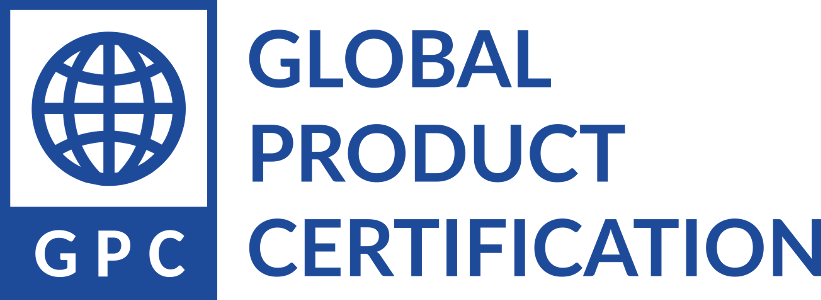ISO 22000 Auditor
1. General
To be effective, the regulation of food safety needs auditors who understand and are properly competent in the management systems approach. The purpose of the GPC ISO 22000 Auditor Certification program is to provide confidence to the regulatory authorities, accreditation bodies, certification bodies, business and industry as well as directly to the public at large that auditors certified to this program are competent. As part of the certification process we will evaluate you, the food safety auditor, against the requirements which reflect the key skills, knowledge and experience that define the competence you need to demonstrate during an audit. The Food Safety Program is based on the standards:

ISO TS 22003:2013, Food Safety Management Systems –
Requirements for bodies providing audit and certification of food safety management system.
ISO 22000:2005, Food Safety Management Systems –
Requirements for any Organization in the Food Chain and the auditing guidance standard:
ISO 19011:2011, Guidelines for auditing management systems
Award of certification means that GPC has recognized that applicant understands and are competent (depending on the grade awarded) to:
Evaluate objective evidence and determine the effectiveness of a food safety management system with particular reference to:
2. Food Safety Management System Auditor Scheme, Specific Requirements
1) Basic Requirements

* The requirements of training certificate are as followings:
2) Food Safety Management System Auditor Scheme, Specific (Additional) Requirements
Quality management methods and techniques that enable you to examine quality management systems and to generate appropriate audit findings and conclusions.
 Quality and technology that enable you to understand the fundamental relationships between human activities and the environment technical and quality aspects of operations that enable you to understand the interaction of your organization’s activities, products, services and operations with the environment.
Quality and technology that enable you to understand the fundamental relationships between human activities and the environment technical and quality aspects of operations that enable you to understand the interaction of your organization’s activities, products, services and operations with the environment.
Food safety management system auditor qualifications are described in ISO 22003.
FSMS auditor assignment and selection is based on specific education requirements, specific training requirements in both food safety and management system auditing, work experience and audit experience.
Next, the certification body used these requirements to determine whether the auditor was competent to audit specific sectors of the food chain.
In the sector understanding and work experience sections of the application form, applicants are required to demonstrate the knowledge and competencies:
3) FSMS Auditing Competences
It is expected that the revised standard will require that auditors have the “ability to identify:
(Country of production/country of destination) food safety regulation and labeling requirements.
4. Examination
The exam consists of two types of written exams, Knowledge exam and Attribution test.
The exam is performed at a place that GPC evaluated and finally approved in advance, and generally it starts at 10:00 am on Saturday (it will be notified prior to the exam).
The applicants should be arrived at the examination site at least 10 minutes before the start and if late or absent, 0 score is automatically given.
Any ID with picture on it for the identification of the candidate has to be presented, and any prohibited items at the examination site have to be left with the invigilator before the star of the exam.
If cheating is detected, the invigilator will ask the candidate to leave immediately and no more exam is allowed.
Please see the exam notification for the details about the examination location and contact information.
2) Knowledge exam
This exam questions were set up based on ISO 22000:2005 standard and the purpose of the exam is to evaluate the qualifications and competence of the candidate who wants to conduct audit activity by the standard the candidate is applying for.
The knowledge exam has a total of 100 questions and consists of 4 sections divided.
1 point for 1 correct answer and the pass criteria is as follows.

* Even if the total points are more than 70 points, the applicant cannot pass the exam without meeting the minimum points required for each section.
Time limitation is only 120 minutes for the examination and it is open-book condition.
If one is failed in the exam, candidate is given one more chance of examination. If candidate fails to the consecutive examination, the candidate has to wait another year to take examination.
3) Attribution test
The purpose of the attribution test is to evaluate the characteristics and the qualification as an auditor and it asks how much the application understandable agree with the questions.
It is based on ISO 19011:2011 and consists of 25 questions only. The candidate should choose the answer that comes to mind first.
Up to 4 points are given for each question and as the answer is further from the correct answer, 1 point each is deducted. (0 point for no answer)
The pass criterion is 70 points
If one is failed in the test, another chance of attribution interview is given. If candidate fails to the attribution interview, candidate has to wait another year to take an test.


